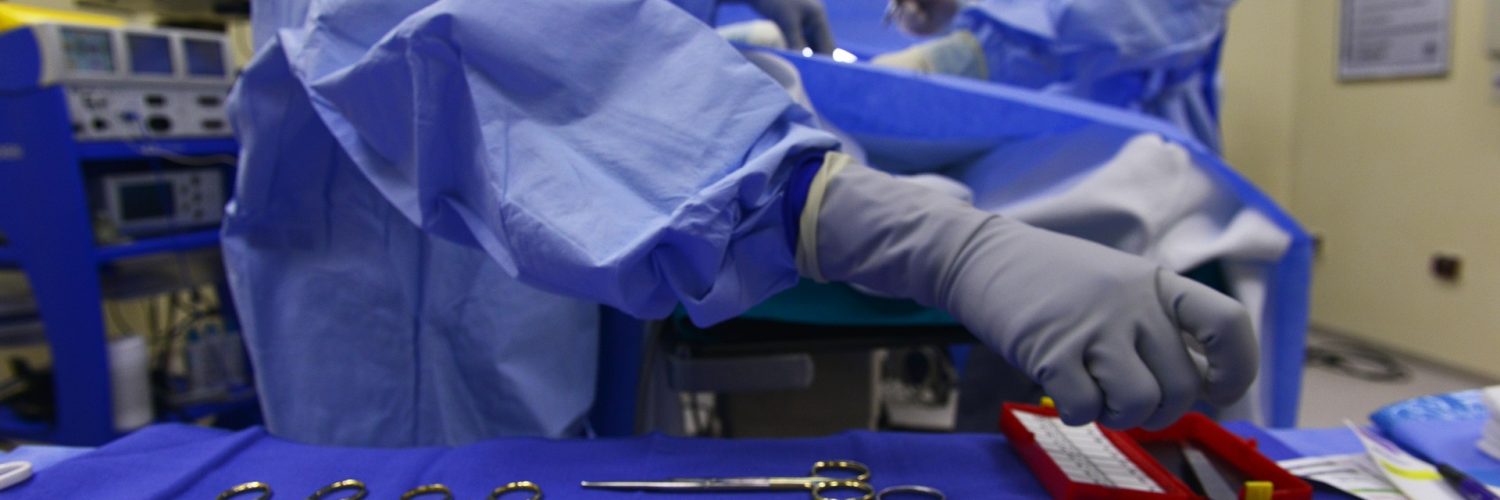Dignity Health Global Education and Goodwall teamed up to address the health care workforce shortage by showing young people the wide range of opportunities in the field.
Research shows that the nation- Arizona included- is facing a physician and nurse shortage, but the problem doesn’t stop there.
The health care sector as a whole is facing a shortage in a variety of jobs including data analysts, security specialists, business experts and more.
Dignity Health Global Education (DHGE) works with industry and educational institutions to offer programs that will benefit workforce development in health care.
Goodwall, the social career and education platform for the future workforce, recognizes the achievements and needs of young talent and guides them through building a professional development network.
The two partnered to connect with young talent, introduce them to a career in the health care sector and guide them on their career path.
“We don’t think you can address talent shortfalls unless you capture people when they’re young and you educate them and offer them choices on what they want to do,” said Andrew Malley, DHGE CEO.
Through the partnership, DHGE and Goodwall will work with schools in areas of varying socioeconomic backgrounds to engage with students and introduce them to career options in healthcare.
DHGE and Goodwall are focused on Arizona and other states in the western region for this initiative, but plan to address the shortage nationally.
“What we’ve got to do is provide sure skills-based programs for these young people to do,” Malley said.
From there, Goodwall will maintain a relationship with the students and mentor them through their education and job-searching process.
“Health care is interesting because it’s almost indicative of society at large. So, every job you can imagine in the community you actually have in health care,” Malley said. “So, yes you have doctors and nurses, but you have engineers that have got to build these hospitals, you’ve got IT specialists, you have security specialists, you have analysts, you have marketers, you have business managers.”
As an example, Malley explained that a student who is interested in pursuing a career in cybersecurity may not know that health care is an option for them and that a health care organization can benefit from cybersecurity services.
The average cost of a data breach for a health care organization is $8 million, according to Ponemon Institute’s 2018 Cost of a Data Breach Study.
“If I get a certification in cybersecurity I feel I should go to a tech company. But really, I could go to a health care company because they may pay better and you get great benefits,” Malley explained as an example.
To show students their options as they make career-based decisions, it is important that industry and education work together to prepare the future workforce.
“It’s about co-development of education and industry and what industry needs. Often in the past you have companies who do skills-based work and on the other side you have institutions and universities who do higher education- they should no longer be exclusive,” Malley said.
















Add comment